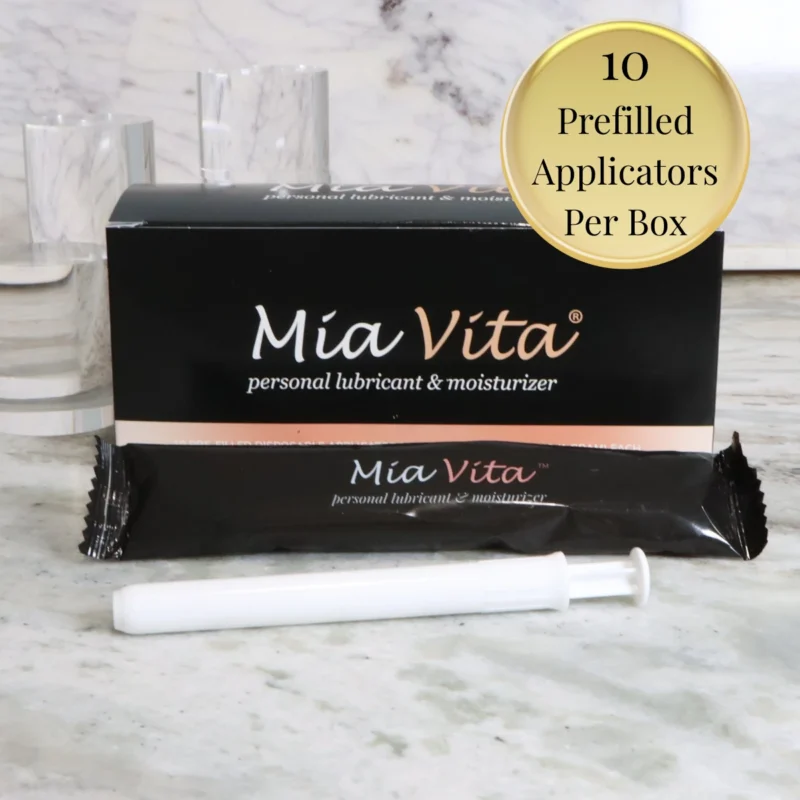One would think that in today’s modern world, women would have equal representation and access to resources in healthcare. But sadly, that’s not always the case. In the United States particularly, women suffer at a higher rate than men from preventable conditions.
You’re probably asking yourself, “Why does this happen, and what can we do about it?”
This article delves into what women’s health equity entails, why it’s important, and how we can work towards making it a reality.
What is women’s health equity?
Women’s health equity means that every woman, regardless of her background, should have the right to access comprehensive healthcare that meets her specific needs.
This means not only acknowledging and accounting for the biological differences between men and women that require different medical approaches and care, but also understanding that social, economic, and cultural factors shape a woman’s health journey.
What are some examples of inequities in women’s healthcare?
Here are just a few examples of ways in which women don’t have equitable access to healthcare:
Gender bias: Historically, women’s pain and symptoms haven’t been taken as seriously as men’s – prompting the stereotype of the “hysterical woman.”
Limited access to reproductive care: Access to reproductive care – including family planning, contraception, and safe abortions – has been restricted in many areas. This is especially true since the Supreme Court’s decision to overturn Roe vs. Wade, resulting in making abortion illegal in several states and severely limited in others.
Maternal mortality: Women, particularly women of color, face disparities in maternal mortality rates. They are more likely to experience complications during pregnancy and childbirth.
Lack of research: Clinical trials and medical research have historically underrepresented women. This leads to a lack of understanding about how certain medications and treatments specifically affect women’s bodies, which can result in ineffective or harmful treatments.
Why is women’s health equity important?
Ensuring equal access to healthcare resources is important for many reasons:
Human rights: Access to quality healthcare is a fundamental human right. Denying women proper healthcare undermines their agency and freedom and reinforces inequality.
Empowerment: Ensuring women’s health equity empowers them to participate fully in society. As healthy women, we can pursue education, career goals, and contribute to our communities.
Economic impact: Healthy women are productive, working women who contribute to the workforce and drive the economy. This, in turn, benefits families, communities, and nations.
Interconnectedness: Women’s health has ripple effects on families; healthy women raise healthy children. Therefore, addressing women’s health can break the cycle of generational health disparities.
How can we achieve women’s health equity?
Change starts from within, and achieving women’s health equity is no exception.
Here are a couple of ways that our government, policymakers, and us as everyday citizens can begin to address issues in women’s health access.
Address biases in healthcare
The healthcare system contains many biases that we must confront in order to work towards positive change. These biases include:
Systemic bias: At its core, the healthcare system is prejudiced against not only women, but other marginalized groups such as people of color and poor people.
Availability bias: This means that as humans, we use the resources and information that we first think of when conducting research. For example, studying a women’s product but using men as the majority of participants.
Status quo bias: Doing things the way we’ve always done them; not looking at ways we can expand research to make things equitable for women.
Data bias: This occurs when a researcher uses information that isn’t complete or doesn’t accurately represent the population studied.
Address stereotypes and limiting beliefs
To make progress towards women’s health equity, we need to look at the stereotypes against women and address our own limiting beliefs – for example, that as women, we overthink our symptoms and are being “hysterical” when we report them to our healthcare provider.
What can I do to fight for women’s health equity?
As women, the number one thing we can do to fight for women’s health equity is to promote our own agency – to take control of our health. We must fight for ourselves and the healthcare access we deserve. Yes, our clinicians have expertise, but no one knows your body better than you.
The second thing we can do – for those of us who are able – is to invest in women’s health resources, products, and research. It’s telling that women control trillions of dollars of wealth in our economy, yet only 4% of research and development spending goes towards female-specific conditions.
*** Though it seems like a daunting task, achieving women’s health equity is possible. Every step that we take – from speaking up for ourselves to investing in femtech products – is a step towards a world where all women can have access to the healthcare we deserve.
FemmePharma has been helping women navigate menopause for over two decades. No matter where you are in your journey, you deserve to have knowledgeable, intimate healthcare partners to help you feel your best. Explore our other articles, podcast episodes with women’s health experts, and products to ease your transition into menopause.



